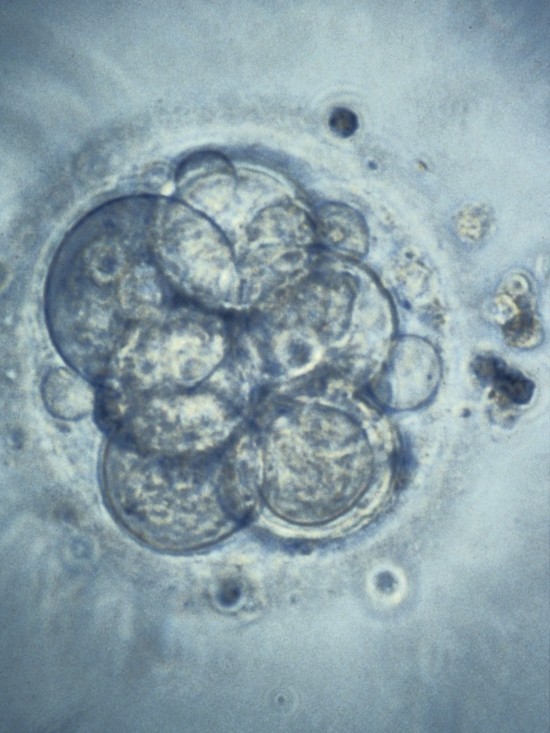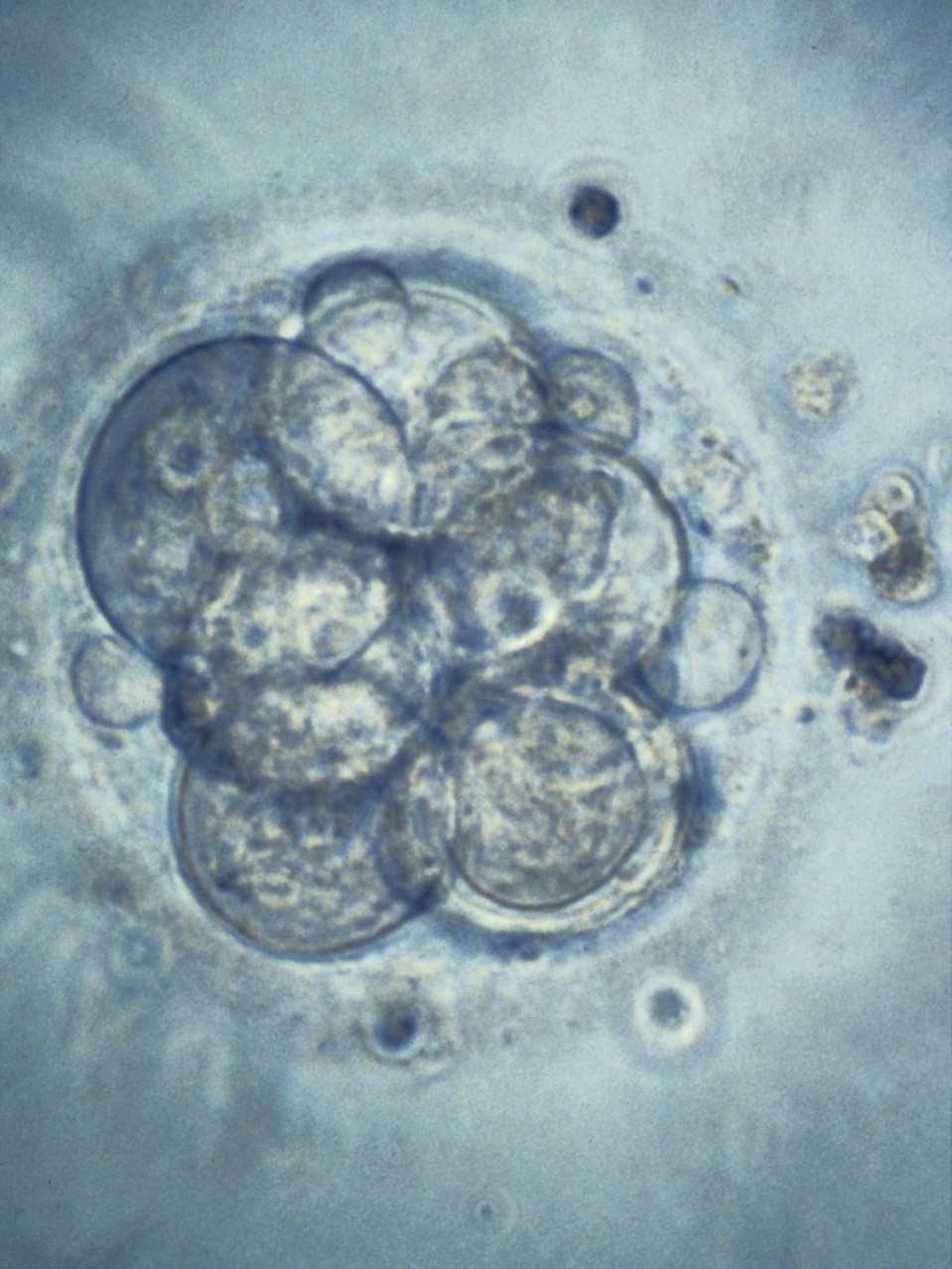Biotechnology
Eggs from Skin Cells? Here’s Why the Next Fertility Technology Will Open Pandora’s Box
Experts warn that a potential IVF breakthrough could have unintended social consequences.



Imagine you are Brad Pitt. After you stay one night in the Ritz, someone sneaks in and collects some skin cells from your pillow.
But that’s not all. Using a novel fertility technology, your movie star cells are transformed into sperm and used to make a baby. And now someone is suing you for millions in child support.
Such a seemingly bizarre scenario could be possible someday, say three senior medical researchers who today have chosen to alert the public to the social risks of in vitro gametogenesis, a technique they say could allow any type of cell to be reprogrammed into a sperm or egg.
The technology has already been demonstrated in mice by Japanese scientists and is likely to be extended to humans soon, according to the authors of an editorial in Science Translational Medicine, who warn that it could open a Pandora’s box of “vexing policy challenges” and ethical dilemmas.
The technology’s promise is that it could be used to create inexhaustible supplies of eggs for a given woman. That would be a revolutionary advance for in vitro fertilization, allowing women to become pregnant even if—because of age or some other reason, like cancer—they have no viable eggs.
“For women who are infertile, this is a boon. It will probably disrupt in vitro fertilization as we know it,” says Eli Adashi, a professor of medical science at Brown University. “Women can’t just produce eggs on demand.” Adashi is one of the editorial’s three coauthors, along with George Daley, a stem-cell biologist and dean of Harvard Medical School, and Glenn Cohen, a bioethicist and professor at Harvard Law School.
But an endless supply of eggs could also open the door to high-tech eugenics. For instance, it’s possible it could someday allow IVF clinics to manufacture hundreds of embryos and then choose those with the most desirable qualities, like 20/20 vision or a chance of a high IQ.
The technique “may raise the specter of ‘embryo farming’ on a scale currently unimagined,” write the authors.
Combined with rapidly advancing gene-editing techniques like CRISPR, in vitro gametogenesis could also conceivably allow scientists to edit out some inherited diseases or install new traits. These technologies could allow you to get “closer to your vision of perfection” in children, says Cohen.
The technology of lab-made gametes might even throw the ethical debate over when life begins into a new light. If any type of tissue cell holds the same potential for life that an egg or sperm does, “does this mean we will have to think about our skin cells differently?” asks Cohen.